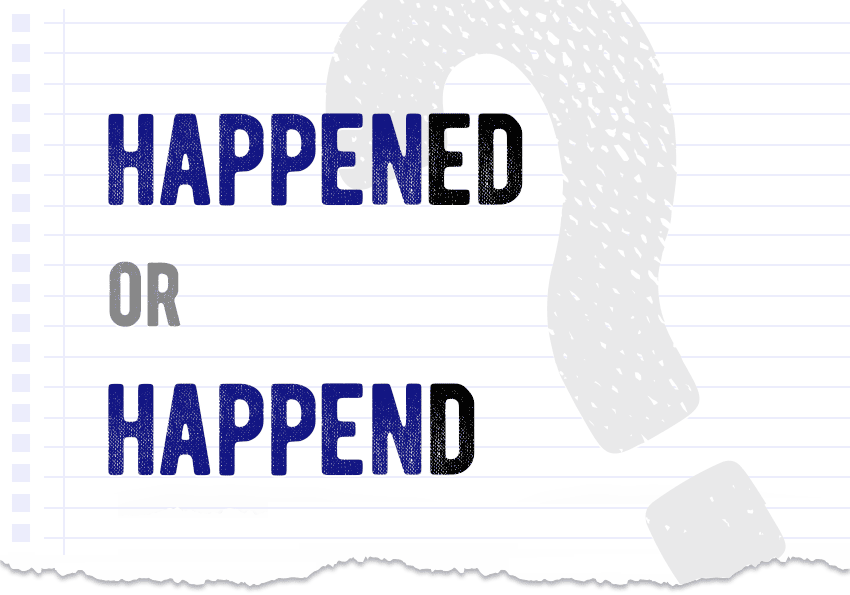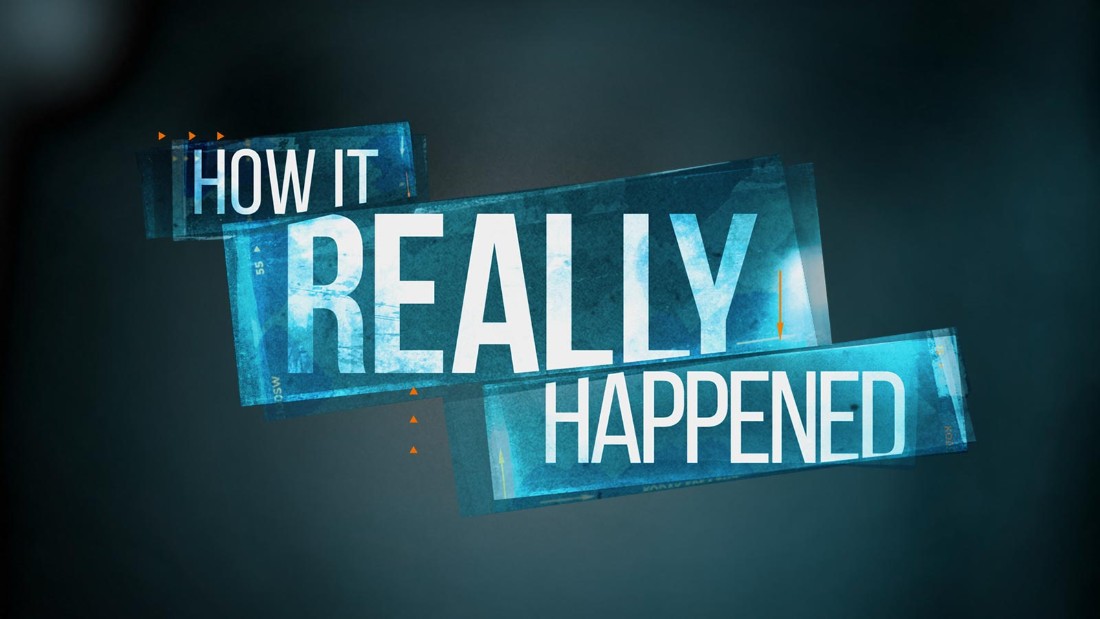AI-Generated Content
This article has been created using advanced AI technology to provide you with informative and engaging content.
AI-Curated Resources:
There's a natural curiosity many of us share when someone seems to disappear from public view or their story takes an unexpected turn. We often find ourselves wondering, with a genuine sense of interest, what became of them. This feeling, a sort of human need to connect the dots, is a common thread that runs through how we think about people and their paths.
When we ask "what happened to Michael Lavaughn Robinson," it's more than just a simple question, you know. It's a way of seeking out a narrative, trying to piece together the bits and pieces of a life's journey. This kind of inquiry, basically, speaks to our desire for stories, for truly understanding the shifts and changes that unfold in a person's existence. It's about how we process the flow of time and the events that shape individual experiences, a pretty common thing for us to do.
This conversation isn't about revealing specific details about any one person, as a matter of fact. Instead, it's about exploring the very language we use when we talk about things that have come to pass. We'll look at the tools we have in our everyday speech to describe what has occurred, how we express the timing of events, and what it means to truly convey a sense of a story unfolding, which is, like, a really important part of sharing someone's path.
- Keep Your Head Up Quotes
- Eve Schiff
- Swatchseries.bitbucket.io
- Marie Temara Real Height
- Nba Players That Are Jehovah Witnesses
Table of Contents
- What Does It Mean When We Ask "What Happened to Michael Lavaughn Robinson?"
- The Simple Past and Lingering Questions About What Happened to Michael Lavaughn Robinson
- When "Happened" Isn't Just About the Past - What Happened to Michael Lavaughn Robinson
- How Do We Talk About Things That Are Still Going On?
- Why Do We Care About What Happened to People Like Michael Lavaughn Robinson?
- The Art of Describing Past Events
- A Look at How We Might Structure Personal Details
- What Makes a Story About What Happened Engaging?
What Does It Mean When We Ask "What Happened to Michael Lavaughn Robinson?"
When we pose a question like "what happened to Michael Lavaughn Robinson?", we are, in a way, looking back at a specific point in time or a series of moments that have already come and gone. This kind of phrasing, using "what happened," usually points to something that has finished, a past event or a sequence of past events that are now complete. It's a very direct way of asking for a story that has, for the most part, already unfolded and reached some sort of conclusion. We often use this when we want to know the whole story, from start to finish, about something that has taken place.
The verb "happen" itself is quite interesting, actually. When it's used in this simple past form, "happened," it can talk about something that occurred by chance, or something that was planned, or even something that just sort of came about without any specific design. So, when we ask what happened to Michael Lavaughn Robinson, we might be wondering about a single, sudden turning point, or perhaps a series of events that led him to a particular place in his life. It’s a very open-ended inquiry, basically, inviting a full account of the circumstances.
Sometimes, too, this question is about a specific incident, like an accident or a significant life change that people want to understand. It’s a common way to seek details about how a situation developed or what sequence of events led to a current state. The straightforward nature of "what happened" makes it a go-to phrase for getting to the heart of a past situation, allowing us to piece together the pieces of a story that has, you know, already played out.
The Simple Past and Lingering Questions About What Happened to Michael Lavaughn Robinson
The simple past tense, which we see in "what happened," is a really common way we talk about things that are done and dusted. It's for events that started and finished at a particular time in the past, even if we don't always say exactly when that was. So, when we ask "what happened to Michael Lavaughn Robinson," we're usually looking for a clear, perhaps sequential, account of events that are now over. It's like asking for the chapters of a book that have already been written and closed.
This tense is quite useful for telling a story from beginning to end, or for describing a series of actions that occurred one after another. For instance, if someone were to explain what happened to Michael Lavaughn Robinson, they might list a few key moments, one after the other, that shaped his path. This way of speaking helps us build a timeline in our minds, seeing how one event, you know, followed another. It gives a sense of completion to the actions being described.
However, even though the simple past suggests completion, the question itself, "what happened to Michael Lavaughn Robinson," can still carry a lingering sense of curiosity. We might know something occurred, but not the full picture. The question aims to fill in those blanks, to get a complete narrative of a person's past experiences. It’s a direct appeal for information that helps us, sort of, round out our picture of someone's life story.
When "Happened" Isn't Just About the Past - What Happened to Michael Lavaughn Robinson
While "what happened" focuses on a finished past, there's a slightly different way we talk about things that have occurred but still have a connection to now. This is where phrases like "what's happened" come into play, which is a shortened way of saying "what has happened." This form, the present perfect, suggests that an event in the past has some kind of effect or importance in the present moment. So, if we were to ask "what's happened to Michael Lavaughn Robinson," it might imply we're looking for information that still impacts his current situation, or that the story is, in some respects, still unfolding.
The difference between "what happened" and "what's happened" is subtle but important. "What happened" asks for the story of the past itself, like "What happened at the party last night?" "What's happened," on the other hand, often asks about the current state that resulted from past events, like "What's happened to the lights? They're off!" When we talk about a person, like Michael Lavaughn Robinson, using "what's happened" might mean we're looking for the current consequences of past actions, or a recent development that has changed things up until now. It’s a very useful distinction for capturing the ongoing impact of past events.
So, when we consider "what happened to Michael Lavaughn Robinson," we're likely seeking a narrative of completed events. But if we were to shift to "what's happened," we might be looking for more recent developments, or the present-day results of his past journey. It's a way of showing that the story isn't just confined to the past, but has threads that stretch into the present, which is, you know, how many life stories actually feel.
How Do We Talk About Things That Are Still Going On?
Sometimes, when we're trying to understand a person's story, like what happened to Michael Lavaughn Robinson, we're not just looking for finished events. We're also interested in things that are continuing, or things that were expected but haven't quite come to pass yet. This is where words like "still," "already," and "yet" become really handy. They help us add a layer of detail and timing to our descriptions, showing how events relate to the present moment or to our expectations. These little words, you know, can make a big difference in how a story is told.
"Still" is a word we use when something continues, or when a situation remains unchanged from a previous point. If we were talking about Michael Lavaughn Robinson, and someone said he "is still pursuing his passion," it means his pursuit began in the past and continues right up to now. It suggests an ongoing state, a thread that hasn't been cut. It's a simple way to show that an action or condition hasn't stopped, which is, like, a common part of many life stories.
"Already" tells us that something happened earlier than expected, or earlier than it might usually. If we hear that Michael Lavaughn Robinson "has already achieved his goal," it means the achievement happened surprisingly quickly or before we thought it would. It brings a sense of pleasant surprise or early completion to the narrative. This word helps us mark something as completed, but with a specific timing that sets it apart. It’s a very useful way to add a bit of unexpectedness to a story.
And then there's "yet." We use "yet" when something is expected to happen, but it hasn't occurred up to the present moment. If someone says Michael Lavaughn Robinson "hasn't returned to public life yet," it implies that there's an expectation for him to do so, but it just hasn't happened. It points to an anticipation, a future event that is still pending. This word, in some respects, keeps the door open for future developments, showing that a part of the story is still unwritten.
The Subtle Shades of "Still," "Already," and "Yet" in Telling What Happened to Michael Lavaughn Robinson
These words – "still," "already," and "yet" – allow us to paint a much more detailed picture when we're talking about what happened to Michael Lavaughn Robinson, or anyone else for that matter. They add depth to our understanding of the timeline and the ongoing nature of life's events. Without them, our descriptions of the past would feel much flatter, just a list of completed actions. With them, we can show continuity, surprise, or anticipation, which is, you know, how real life feels.
Imagine trying to explain a person's journey without these subtle timing cues. You'd be stuck saying "he did this, then he did that," without being able to convey if something is an ongoing struggle, a surprisingly quick success, or a long-awaited event. These words give our stories texture, making them feel more alive and relatable. They help us connect past events to the present moment, showing how a person's story is a continuous thread, not just a series of isolated points. It's a very human way of looking at time and how things unfold.
So, when we're curious about what happened to Michael Lavaughn Robinson, paying attention to these small words can tell us a lot about the current state of affairs, not just the past. They help us understand if a situation is ongoing ("still"), if a development happened sooner than expected ("already"), or if something is still awaited ("yet"). They are, in a way, the little signposts that guide us through the winding path of a person's life story, adding a lot of color to the narrative.
AI-Enhanced Visual Content


